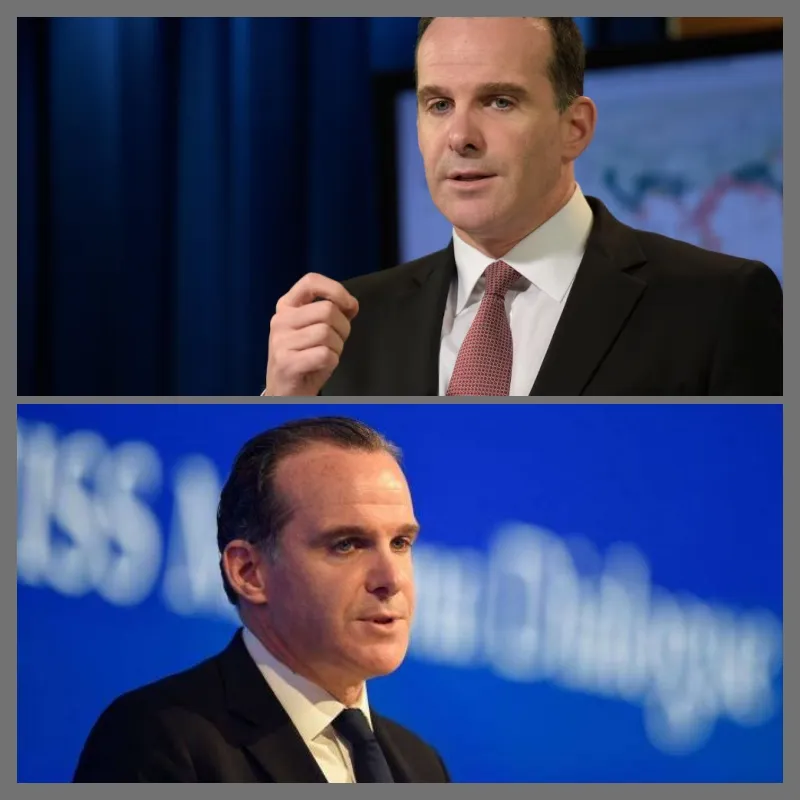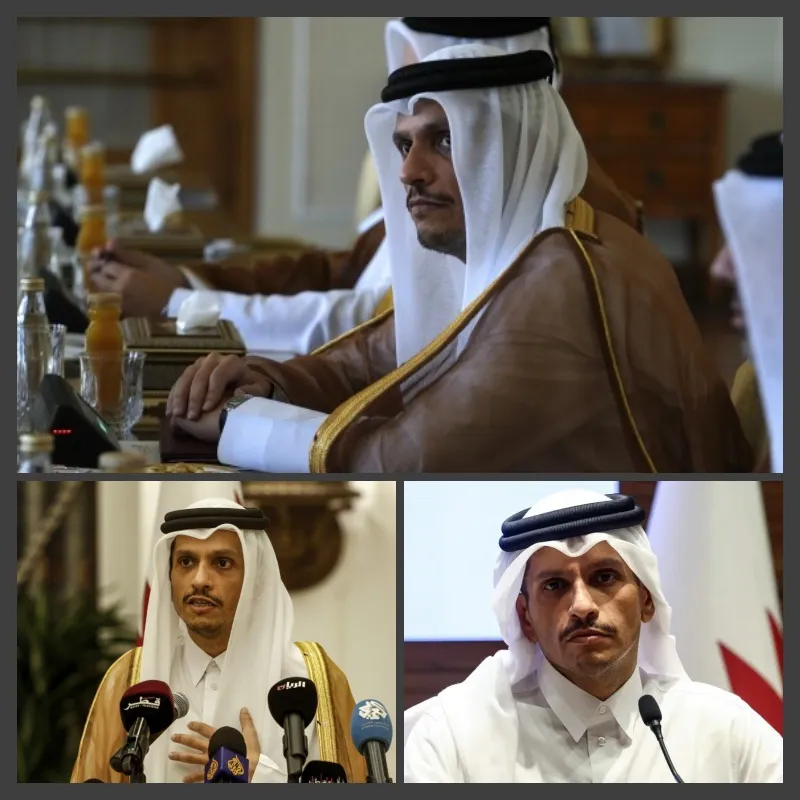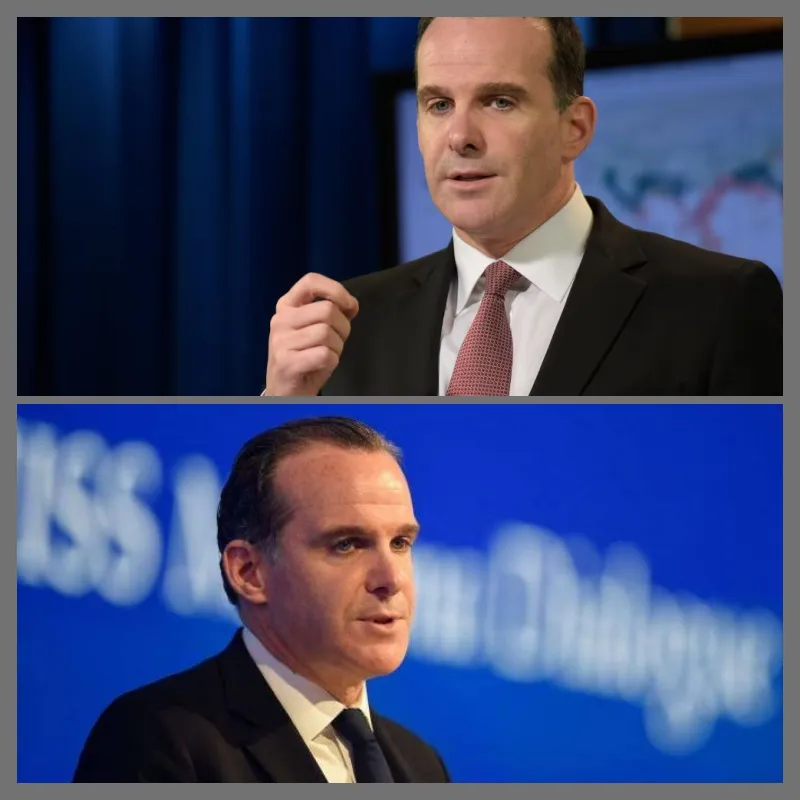
Biden Adviser Holds Talks in Doha Amid Efforts to Broker Israel-Hamas Ceasefire
In a bid to bring about a ceasefire between Israel and Hamas, President Joe Biden’s top Middle East adviser, Brett McGurk, held crucial talks on Tuesday in Doha with senior Qatari leaders. These discussions focused not only on the ongoing efforts to finalize a ceasefire and hostage deal but also on the recent meeting between Qatar’s Prime Minister Sheikh Mohammed bin Abdulrahman Al Thani and Iran’s President Masoud Pezeshkian.

Shift in Negotiations to Doha
The discussions in Doha mark a significant shift in the venue for ceasefire negotiations, which had previously been centered in Cairo. Over the past week, high-level talks in Cairo had been intensive, yet they concluded on Sunday without reaching a final agreement. However, negotiations at the working-group level continued on Monday in a bid to resolve the remaining differences.
The decision to move the talks to Doha has raised questions about the potential impact on the negotiation process, though the exact reasons for this shift remain unclear. An Israeli official, speaking on the condition of anonymity, confirmed that an Israeli delegation is set to travel to Doha on Wednesday, further underscoring the importance of the new negotiation venue.
Regional Tensions and the Role of Qatar
Qatar’s role as a mediator in these discussions highlights its unique position as a key interlocutor in the Middle East. The country has been actively involved in facilitating dialogue between the United States, Iran, and various militant groups, including Hamas. The recent visit by Qatar’s prime minister to Tehran, where he met with President Pezeshkian, underscores the deepening ties between Qatar and Iran, and their potential influence in the region’s ongoing conflicts.
Tensions between Israel and Iran have been escalating, particularly in the wake of the assassination of Hamas political leader Ismail Haniyeh in Iran last month. Iran, which supports Hamas, Hezbollah, and the Houthis, has vowed retaliation against Israel, further complicating the prospects for a ceasefire.
The Broader Context of U.S.-Iran Relations
The Doha talks also come at a time of renewed speculation about the future of U.S.-Iran relations. Just a day after the Qatari prime minister’s visit to Tehran, Iran’s Supreme Leader Ayatollah Ali Khamenei expressed a surprising openness to resuming negotiations with the United States regarding Iran’s nuclear program. Khamenei’s comments, while cautious, suggest a possible shift in Iran’s approach to diplomacy, particularly under the new presidency of Masoud Pezeshkian, a reformist politician with a history of supporting engagement with the West.
The nuclear issue remains a critical point of contention. Since the collapse of the 2015 nuclear deal, which was scrapped by former President Donald Trump in 2018, Iran has resumed uranium enrichment to levels close to weapons-grade. The Biden administration, which initially sought to bring Iran back into compliance with the deal, has put those efforts on hold following the October 7 attack on Israel by Hamas.

The New Iranian Leadership
The recent election of Masoud Pezeshkian as Iran’s president, following the death of hard-liner Ebrahim Raisi in a helicopter crash, could potentially reshape Iran’s foreign policy. Pezeshkian, who has aligned himself with former Foreign Minister Mohammad Javad Zarif—the architect of the 2015 nuclear deal—may seek to revive diplomatic efforts with the West. However, with Iran continuing to expand its nuclear program and regional tensions on the rise, the path to any new agreement remains fraught with challenges.
In conclusion, the ongoing talks in Doha are a critical juncture in the broader Middle East peace efforts. The outcome of these negotiations could have significant implications not only for the Israel-Hamas conflict but also for the future of U.S.-Iran relations and the stability of the region as a whole. As both sides navigate these complex dynamics, the international community will be watching closely to see whether diplomacy can succeed where force has failed.






